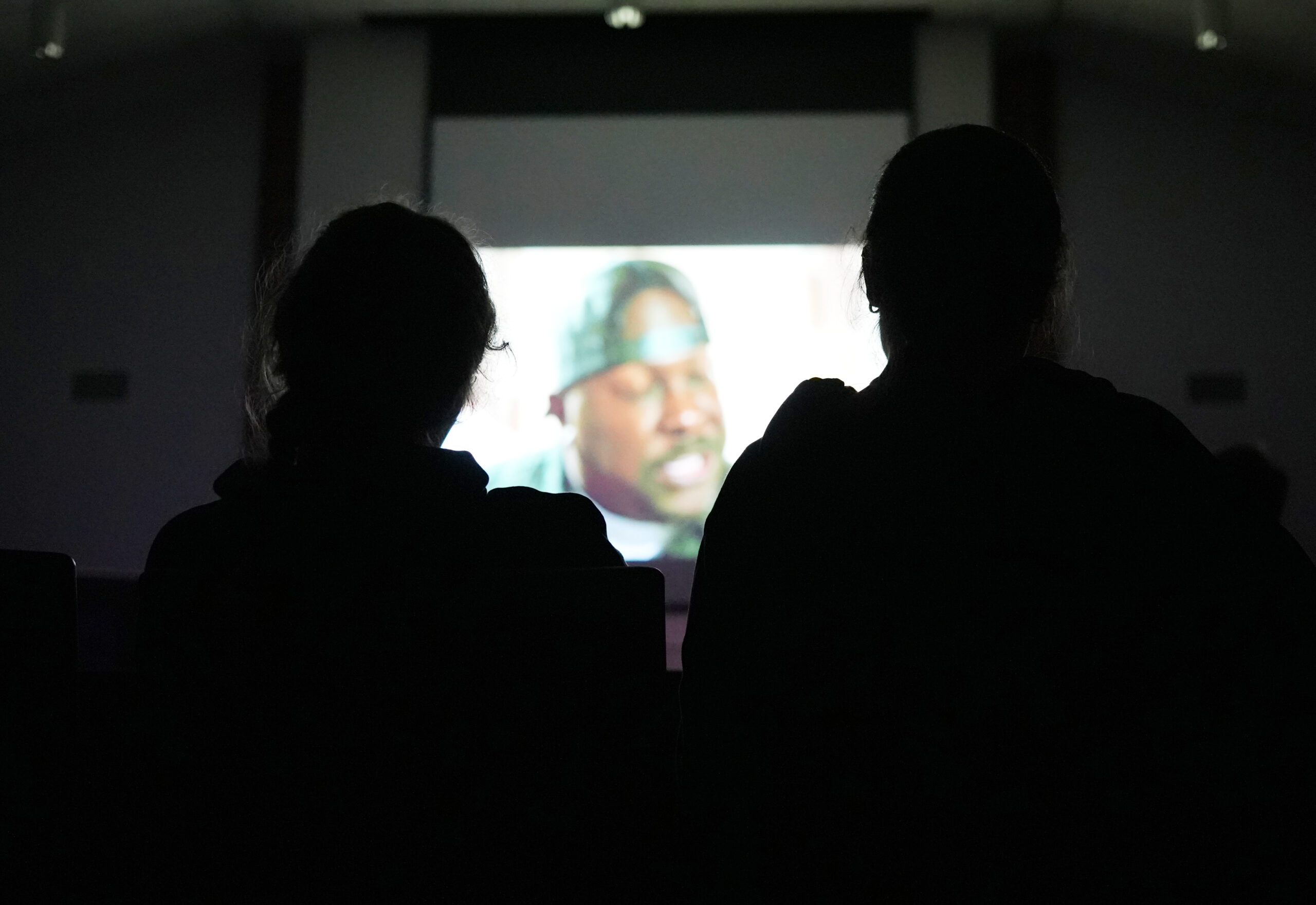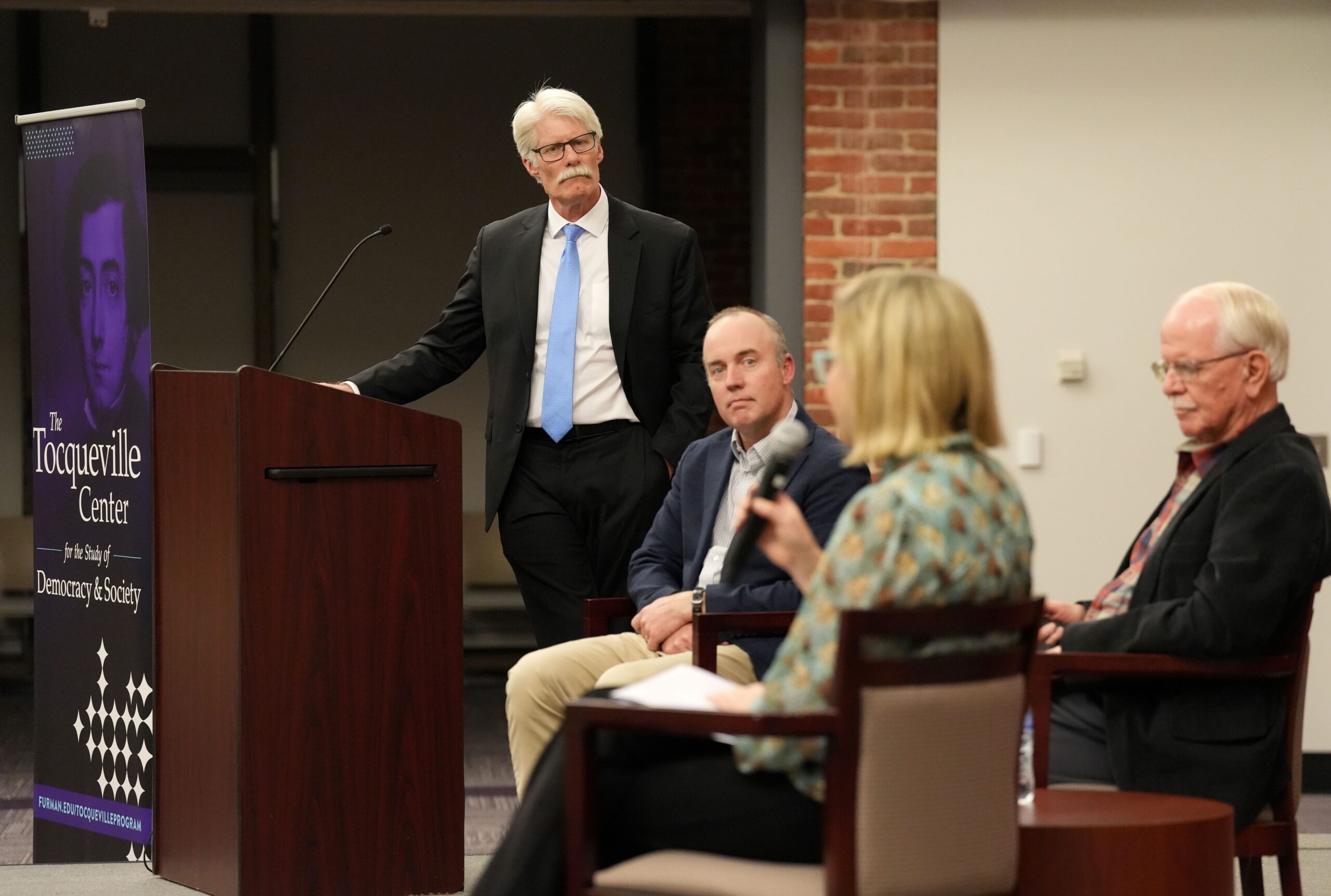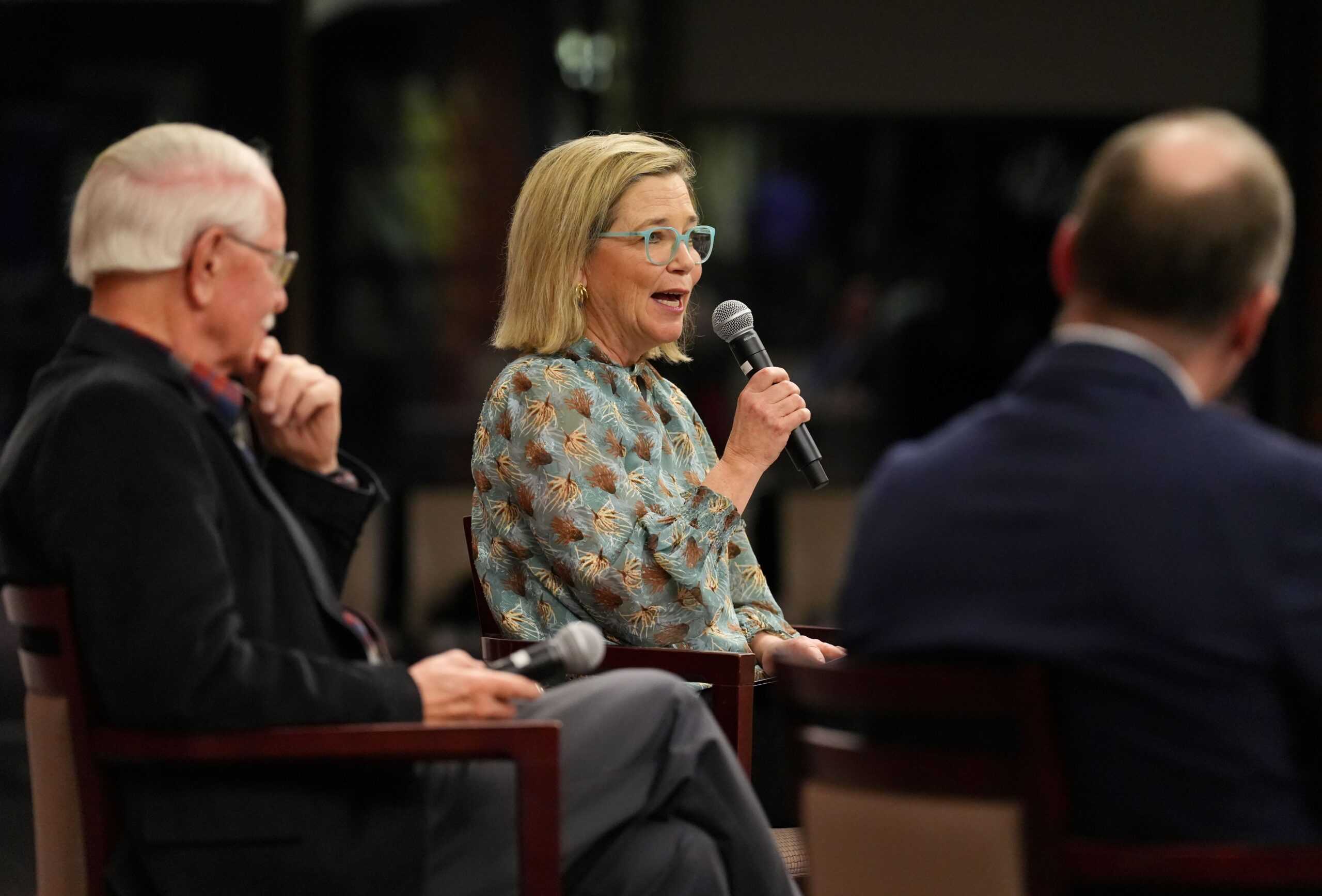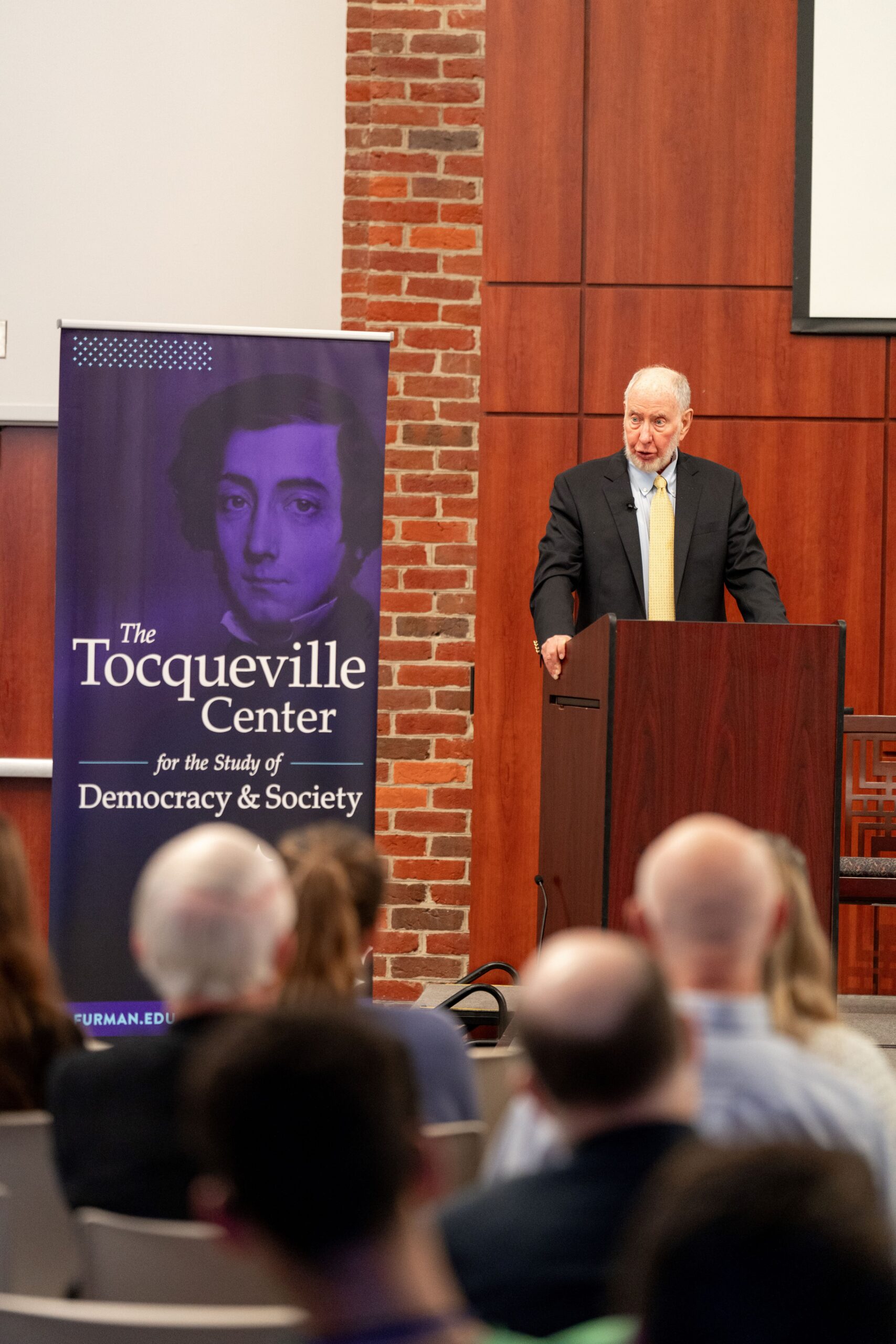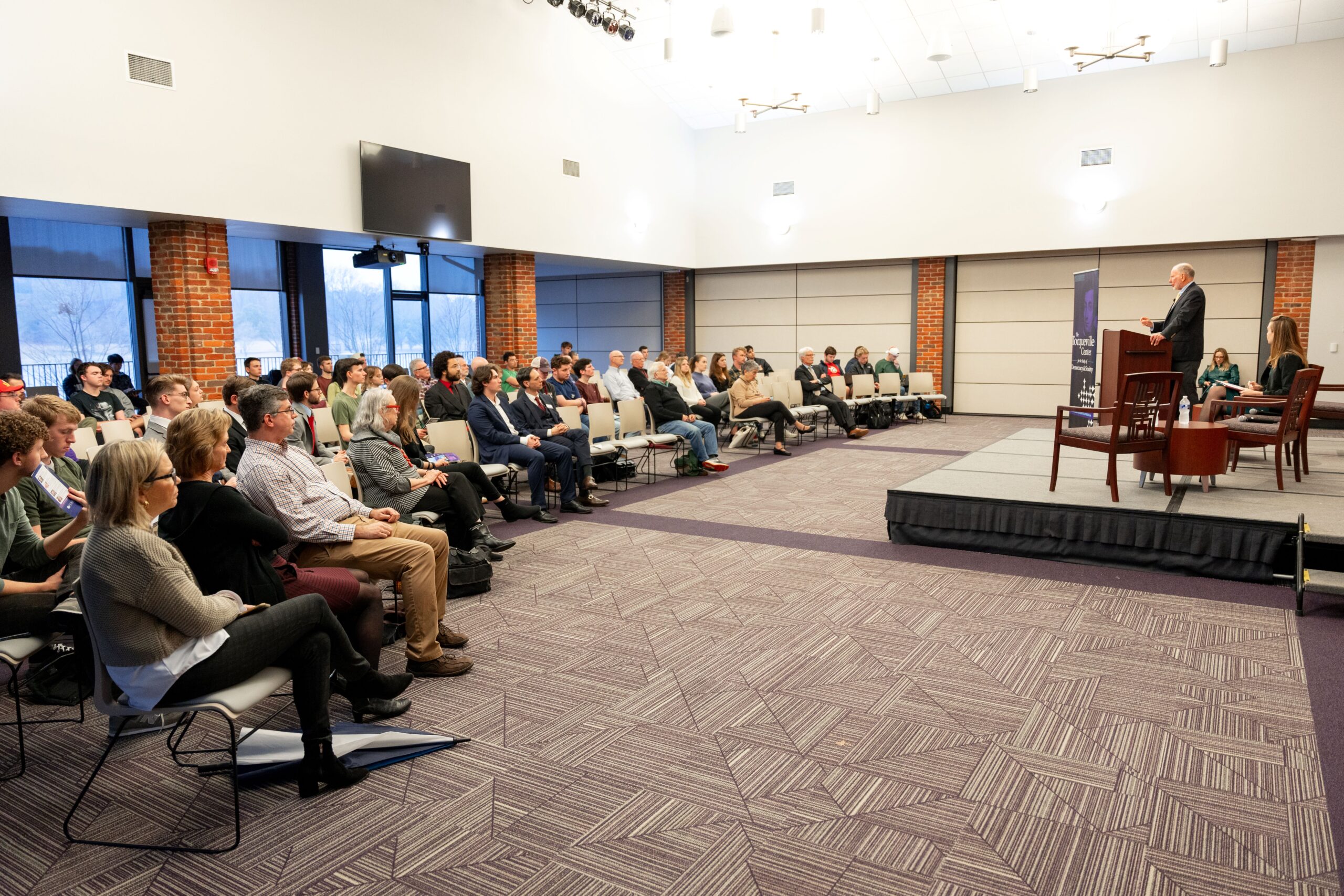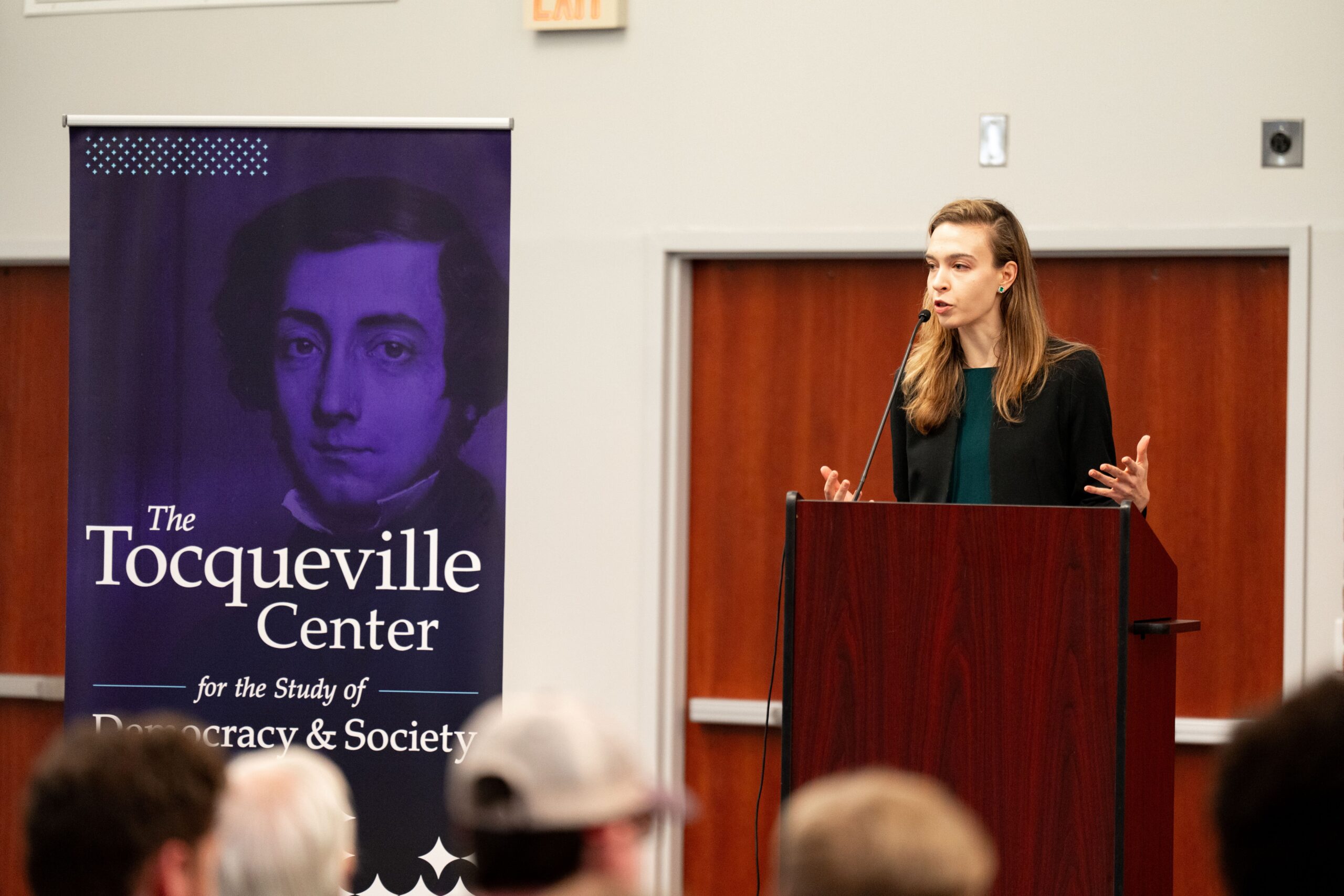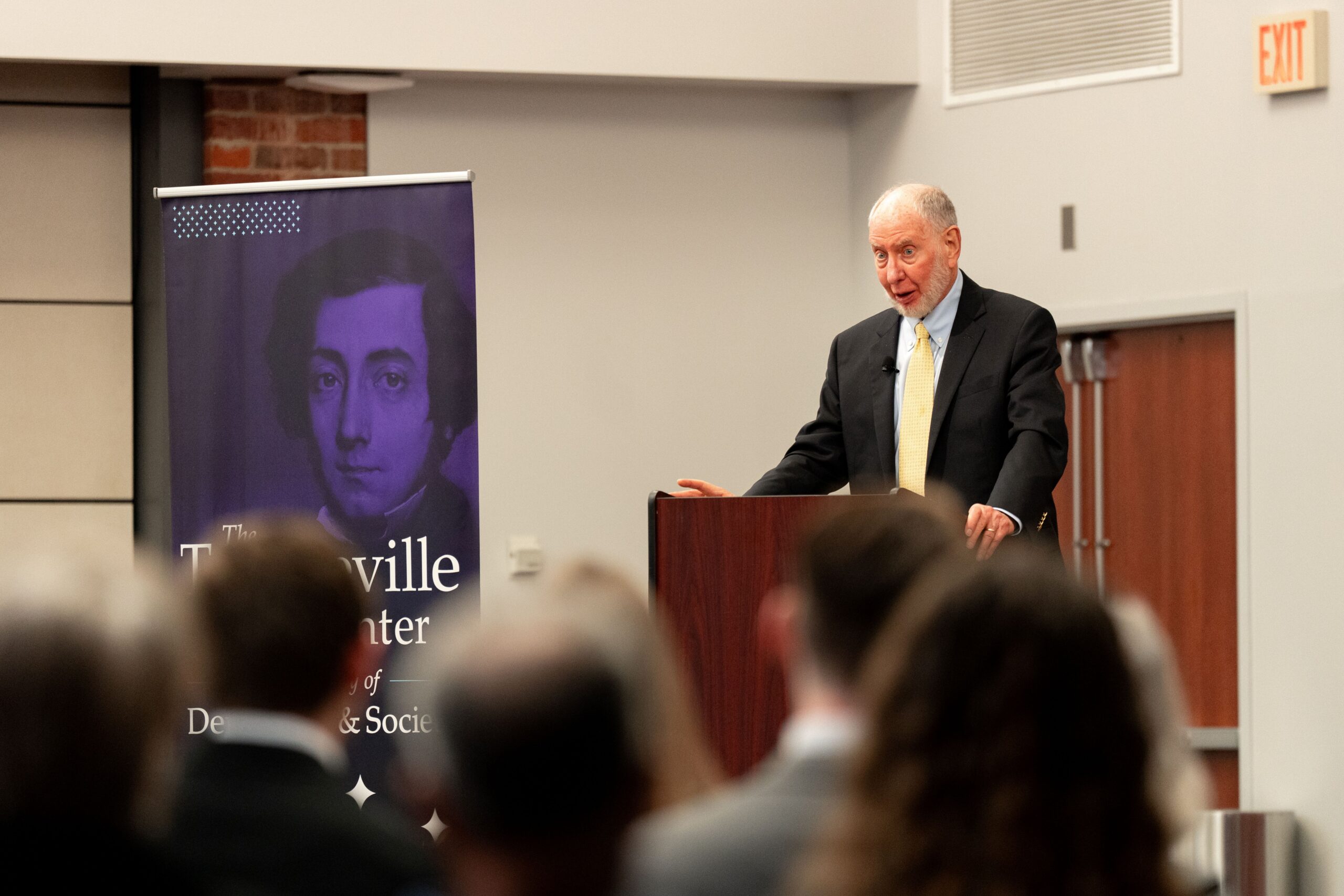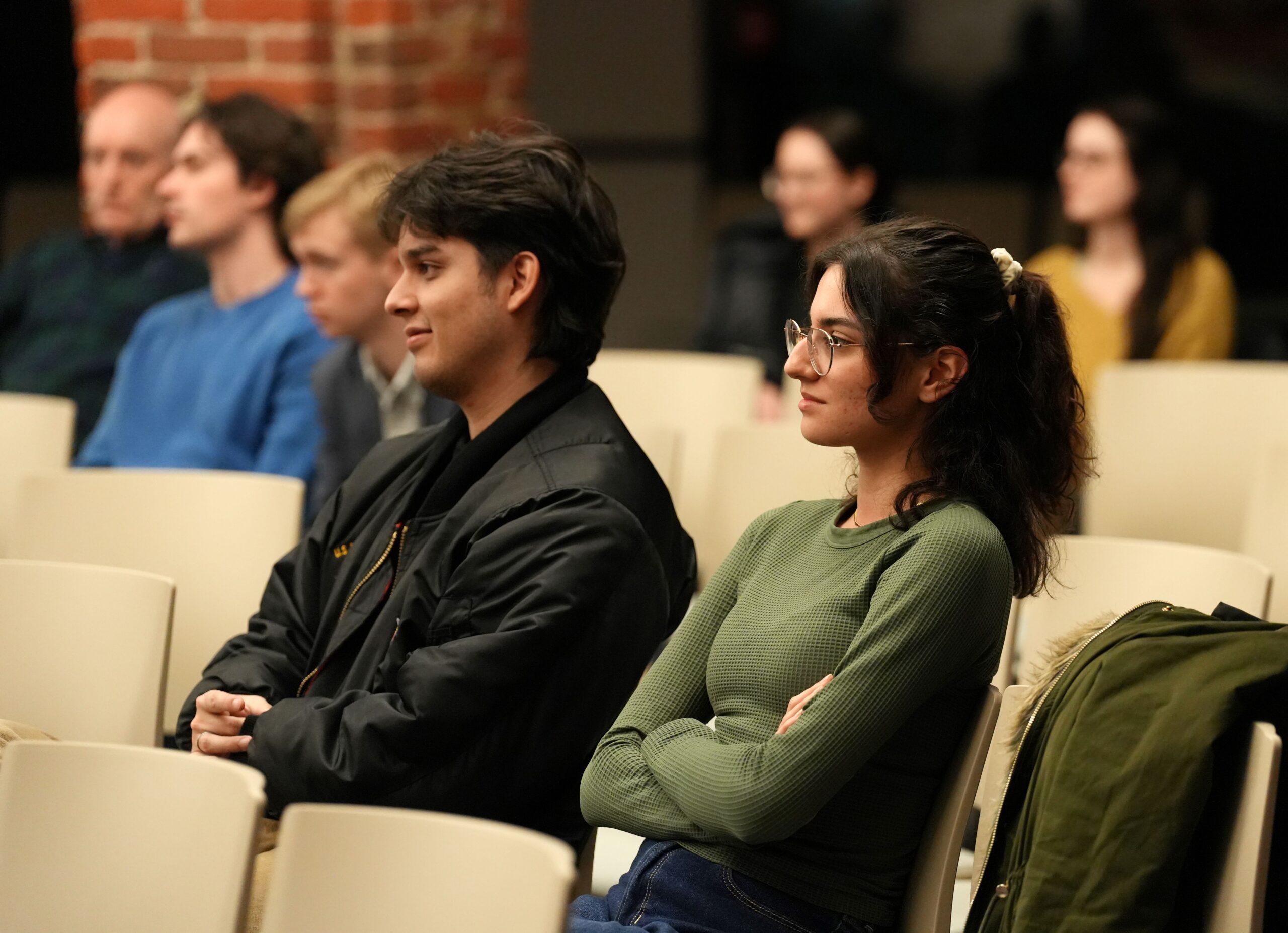January 24-25, 2024: Civic Associations in America
“Americans of all ages, all stations of life, and all types of disposition are forever forming associations” (Democracy in America).
PART 1 – JANUARY 24, 2024 – 6:30-8:30PM – Watkins Room, Trone Student Center
PART 2 – JANUARY 25, 2024 – 5:00-6:30PM – Watkins Room, Trone Student Center
Scholars-in-Residence:
Robert Putnam (Harvard)
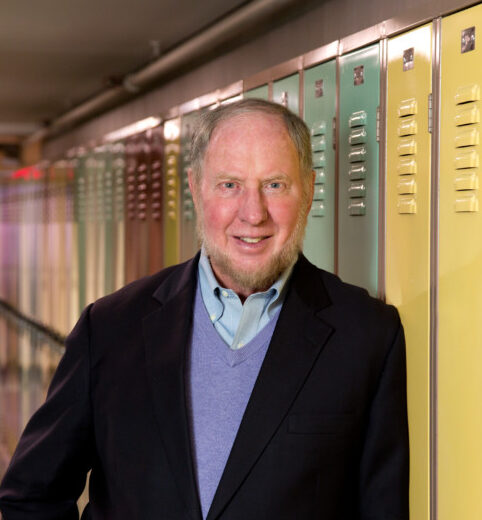
Robert D. Putnam is the Malkin Research Professor of Public Policy at Harvard University, having retired from active teaching in May 2018. Raised in a small town in Ohio, he earned his BA from Swarthmore College and his MA and PhD from Yale. He is a member of the National Academy of Sciences, a Fellow of the British Academy, and past president of the American Political Science Association. In 2006 Putnam received the Skytte Prize, the world’s highest accolade for a political scientist; in 2013 President Barack Obama awarded him the National Humanities Medal, the nation’s highest honor for contributions to the humanities, for “deepening our understanding of community in America”; and in 2018 the International Political Science Association awarded him the Karl Deutsch Award for cross-disciplinary research. He has received sixteen honorary degrees from eight countries, including in 2018, the University of Oxford. His most recent book is a study of broad 20th century American economic, social, political, and cultural trends, entitled The Upswing: How America Came Together a Century Ago and How We Can Do It Again. He is also author or coauthor of such bestselling books as Bowling Alone; American Grace; and Our Kids.
Sarah Gustafson (Catholic University)
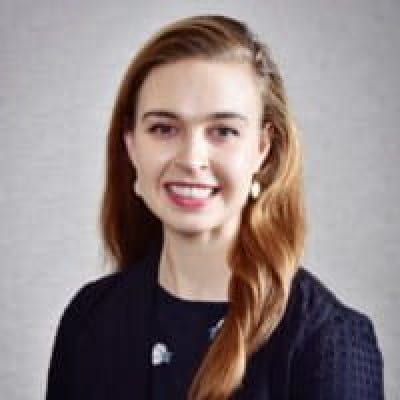
Sarah Gustafson holds a PhD in Political Science (Political Theory) from the Department of Government at Harvard University. She also holds an MA in the History of Political Thought/Intellectual History from UCL and Queen Mary University of London. Her interests focus on Alexis de Tocqueville and nineteenth century political thought. She has broader interests however, in Ancient and Medieval Political Philosophy, contemporary and normative political theory, virtue ethics, Catholic Social and Political Thought, and Ethics and Business. Her dissertation focuses on the concept of charity in Tocqueville’s political thought, especially its relationship to his accounts of self-interest rightly understood, associations, and welfare.
Civic Associations Event Features Robert Putnam Lecture on Tocqueville and Darwin, and Putnam Biopic Live or Die
The Tocqueville Center for the Study of Democracy and Society hosted renowned scholar Robert Putnam for a two-day event at Furman University on the topic of civic associations in America on January 23-24. Putnam is the Malkin Research Professor of Public Policy at Harvard University, Emeritus, who has received top awards for his work in political science, including the world’s highest accolade for a political scientist, the Skytte Prize, and the National Humanities Medal, awarded by President Barack Obama for “deepening our understanding of community in America.”
Putnam’s research on social capital, made famous by the publication of Bowling Alone (2000), was the focus of Join or Die, which was exclusively screened for event attendees. The film explores how declining social connections in recent decades, as compared to the 1950s and 60s, is evidenced by a decline in group memberships and has grave implications for American democracy. Through interviews with Putnam and many who know Putnam and his work, such as Hilary Clinton and Pete Buttigieg, bright animations, historical footage, and following contemporary efforts around the country to form communities, the film shows that the future of democracy in America depends on whether its citizens can renew their social networks.
The value of these social networks comes from the creation of a norm of generalized reciprocity, which can be summarized by the sentiment, “I’ll be nice to you, and you or someone else will be nice to me.” This trust, called “social capital,” makes democracy work, and the evidence of its decline in the film’s summary of Putnam’s research is overwhelming. Despite describing in great detail many of democracy’s ills, the film’s tone reflects Putnam himself — relentlessly, inescapably realistic while simultaneously exuding an infectious hopefulness about democracy’s future.
But how do we go about forming groups? Priya Parker, author of The Art of Gathering, has studied gatherings and describes what makes them successful. First, she emphasizes that a gathering should begin with doing what you love, together. This shared passion should then be connected to a purpose or need, followed by a plan for how people are going to connect. Finally, Parker recommends “writing new scripts for old norms.” As an example, the film follows a successful attempt to repurpose an old bowling alley in Portland, OR, as a place for social gathering. One of its members claims that she joined the club because
“it’s good to have friends who are totally different from you”
and she wasn’t sure how else she could find them.
A discussion led by a panel of Furman faculty followed the screening. Political scientist Dr. Liz Smith, who has studied the growing gap between participation in youth extra-curricular activities and income, distinguished “binding” (trust within groups) versus “bridging” (trust between groups) social capital, which helps explain how increasing socioeconomic diversity in society may contribute to a loss of bridging social capital through “turtling.”
Dr. Ken Kobb, Professor and Chair of Sociology, described how his research on food scarcity in socioeconomically disadvantaged neighborhoods has been influenced by Putnam’s concept of social capital. For example, access to food by getting rides to the grocery store becomes more costly the less people can rely on social capital, resulting in nutritional deficiencies and changes in tastes that favor cheaper, more processed foods.
Dr. Jim Guth (Politics & International Affairs) emphasized how important the concept of bridging social capital is, but expressed greater reservations about the possibility of recreating social capital. In the 19th century, for example, organizations crossed economic classes. Today, we segregate ourselves by economic class. Moreover, social trust declines the more diverse societies become, which Dr. Guth sees as one of the main challenges facing democracy today.
An audience member described growing up in a self-segregated Latino community in America, and asked how anyone can bridge fear of the other and build social capital. Dr. Guth pointed out that these processes happen over generations, and Dr. Brent Nelsen (Politics & International Affairs), who is the interim director of the Tocqueville Center, concluded the discussion with a mention of the film A Man Called Otto, and the observation that what building social capital really comes down to is being that one person who’s willing to bang on people’s doors.
The following day, Putnam and one of his co-authors, Sarah Gustafson (Catholic University), shifted from social capital to the question of how we understand ourselves and the world around us with their lecture, “Two Voyages of Discovery: How the 1831 Journeys of Darwin and Tocqueville Changed our Understanding of the World.” Dr. Wade Worthen (Biology), who provided commentary on the influence of Darwin, contextualized Darwin by describing his own work on the evolution of dragonflies.
Dr. Rob L’Arrivee (Politics & International Affairs), summarized the talk in his comments on the panel as follows:
Professors Putnam, Gustafson, and Anderson lead us on an adventure alongside Charles Darwin and Alexis de Tocqueville, exploring new frontiers where these two great minds uncover profound insights into politics, society, and nature. Rather than solely focusing on the results of their voyages, our authors emphasize how they went about thinking, stating that Tocqueville and Darwin “enlighten us about the fundamental nature of discovery.” It is this nature of discovery that imparts to us valuable lessons for American citizens, academics, and students for approaching knowledge about our most pressing matters.
Specifically, Putnam and Gustafson described how Tocqueville and Darwin, without having knowledge of each other, pursued parallel paths in their 1831 journeys that have had, and can continue to have, profound implications for us today. Both read widely in their fields to prepare their minds beforehand. Both were voracious observers, recorders, collectors, and note-takers of the empirical world. Both came up with theories as a result of their observations, and published well-written, wildly popular books that influenced generations that followed. And both avoided cherry-picking data to confirm their assumptions.
What does this mean for us today? L’Arrivee connected the lecture to one of Tocqueville’s key observations about citizens of democracies. In Democracy in America, Tocqueville observes that “there are no beings exactly the same in nature, no identical facts, no rules applicable indiscriminately” (DA II.1.3). Unfortunately, democratic citizens have a tendency to lose sight of nature and all its diversity by becoming too abstract in their thinking. Moreover, since democratic citizens believe everyone is equal, they tend to assume what is true for oneself is true for everyone. The result? An inability to understand reality and increasing conformity to the norms of an impersonal mob.
How can Tocqueville and Darwin’s journeys help democratic citizens to avoid overly general and abstract thinking? Putnam and Gustafson show, according to L’Arrivee,
what it’s like to really think, bridging the gap between attention to detail and the luminosity of theory. We can begin to bridge this gap by asking simple questions inspired by the voyages: Are we looking at the details? What kinds of details in life are we passionate about? What deeper truths are hidden behind the wonderful diversity of things? How can different academic disciplines cooperate? Who will be our friends on this journey?
This reference to Tocqueville’s friendship with Gustave de Beaumont and Darwin’s friendship with Captain Robert FitzRoy brings us back to the question of social capital, which could perhaps be rephrased in this instance as: who will be our friends as we strive to better understand the fabric of democracy, the democratic soul, and civilization?
The discussion concluded with Gustafson’s suggestion that perhaps the best way to ensure our theories accurately reflect empirical data from the real world is by traveling to a place and getting to know it extremely well. For example, if students study abroad, rather than leaving on the weekends to travel elsewhere, they should stay put and get to know everything they can about that locale. This approach might initially appear to be limiting, but in Gustafson’s view it can serve as a starting point for learning about the broader and universal significance of the details — while maintaining a firm footing in the real world.
